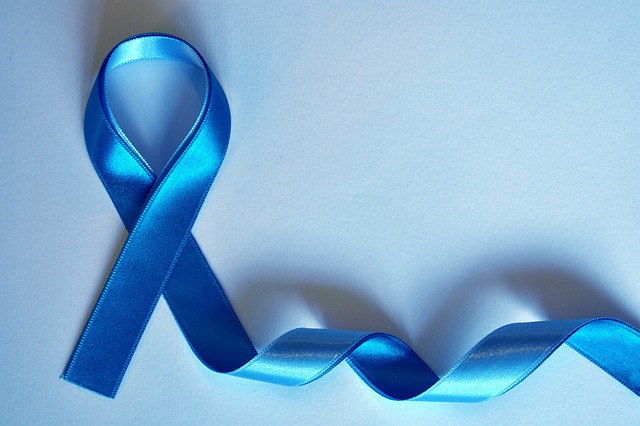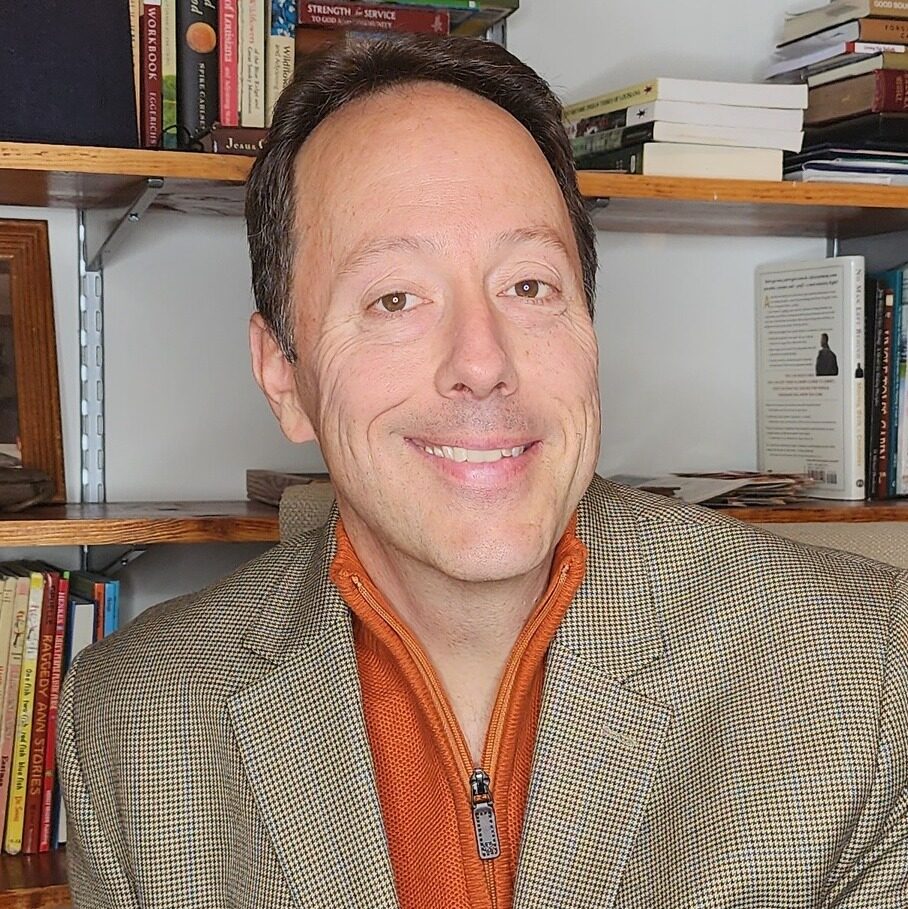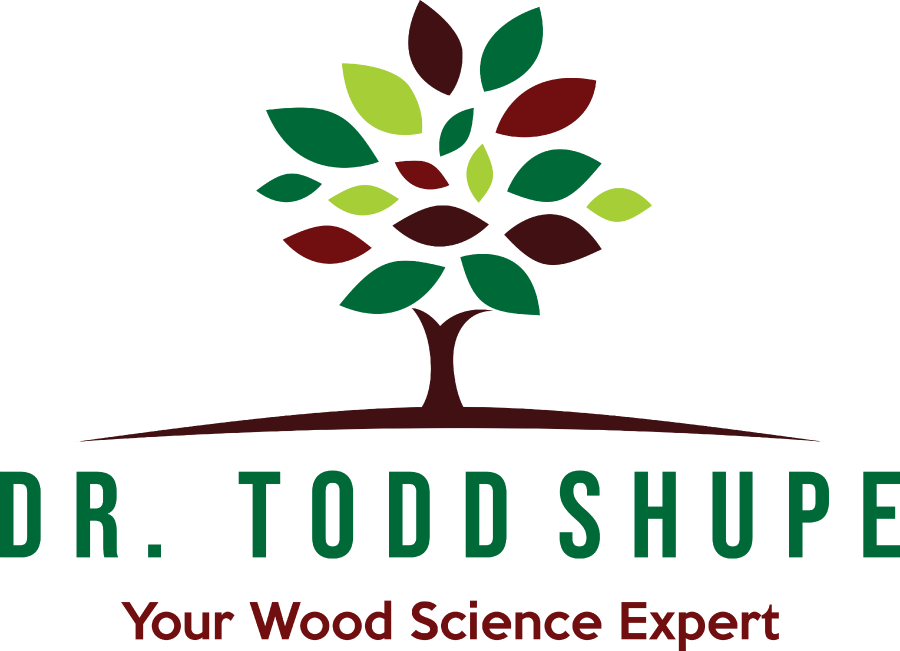Are Wood Preservatives Safe?

Natural Drugs
If a man lives long enough, he will develop prostate cancer. The many commercially available anticancer drugs can be classified by origin as either chemical synthetic drugs or natural drugs derived from various kinds of organisms. Natural medicine for cancer therapy has proved to be effective and less toxic on normal cells, with fewer side effects. Prodigiosin did not cause death in vitro to lymphocytes at effective concentrations (<100 nM) and also did not show toxicity in vivo to lymphoid organs at effective dosages (10 and 30 mg/kg). The discovery of anticancer drugs has mainly resulted from screening of natural products and their analogs. Some natural plant metabolites are believed to have anticancer properties; these include several pigments, quinines, and alkaloids. Secondary metabolites from microorganisms are more practical for development as therapeutic agents.
Prodigiosin
As an anticancer drug, prodigiosin shows its anticancer activity by inhibiting or activating some signaling pathways that have not been clearly understood before. Prodiginines (PGs) are a family of tripyrrole red pigments receiving increasing interest because of their numerous biological activities, including antifungal, antibacterial, antiprotozoal, antimalarial, immunosuppressive, and anticancer activities. Specially, prodigiosin has been effective in tumor cell inhibition and cell apoptosis induction. Prodigiosin is a secondary metabolite produced from Serratia species and other unrelated microbial strains, such as Streptomyces griseoviridis, Pseudomonas magnesiorubera, Vibrio species, and other marine bacteria. Some of the enzymes involved in the biosynthetic pathways that produce prodigiosin are now known, and some of the corresponding genes have been identified and cloned, but the biosynthetic pathway is still poorly understood. Prodigiosin production in some producer organisms, such as Serratia and Streptomyces, is now well understood, as well as its physiology and regulation. However, its biological role in these organisms remains unclear.
Fixation is a chemical process in which the preservative chemically bonds to the wood. It is well recognized that exposure of CCA-treated wood to an acid solution can re-oxidize the chromium thereby converting the CCA elements into their water-soluble form. Thus, acid extraction using different acids and wide ranges of reaction conditions has been extensively studied for removal of CCA from out-of service CCA-treated wood (Shiau et al. 2000; Clausen 2004; Humer et al. 2004; Kazi and Cooper 2006; Gezer et al. 2006; Kakitani et al. 2007; Janin et al. 2009). These studies have shown that the recovery of CCA elements from CCA-treated wood can be obtained with many organic acids, such as oxalic, acetic, citric, and formic acids; however, the acid extraction process is slow. Therefore, cost-effective acid extraction methods are lacking.
Chamaecyparis lawsoniana
Chamaecyparis lawsoniana is known to have significantly high levels of natural durability and termiticidal activity due to the inherently high attractive content of its heartwood. In this paper, we described the isolation of a prodigiosin-producing bacterium, HDZK-BYSB107, collected from Port Orford Cedar (POC), C. lawsoniana, in Oregon, USA. The prodigiosin-producing strain was identified as Serratia marcescens subsp. lawsoniana. We extracted and purified a red pigment from this strain and identified it as prodigiosin by ultraviolet absorption analysis, mass spectrographic analysis, LC-MS, and NMR spectroscopy. Therefore, to explore the anticancer activities and mechanism of the bacterial prodigiosin, we performed this study using human choriocarcinoma (JEG3) and prostate cancer cell lines (PC3) in vitro, and JEG3 and PC3 tumor-bearing nude mice in vivo.
Findings
Our results suggested that the bacterial prodigiosin had strong antibacterial, anticancer, and proapoptotic activities against cancer cells and raises the possibility of its use as a chemotherapeutic drug in future. Together with its excellent anticancer activity, the anticancer mechanism was further verified by JEG3 and PC3 cells. We confirmed that the bacterial prodigiosin promotes cancer cell apoptosis. Thus, we concluded that the HDZK-BYSB107 prodigiosin could be considered as a non-toxic anticancer drug in the near future.
To read more please visit our publication: Biological Potential and Mechanism of Prodigiosin from Serratia marcescens Subsp. lawsoniana in Human Choriocarcinoma and Prostate Cancer Cell Lines
Meet the Author
Dr. Todd Shupe is the President of Wood Science Consulting, LLC. He is a well-recognized expert on wood forensics, wood preservation, wood decay and degradation, and wood species identification. He has a broad background in new product development, quality management, and marketing and sales in both the public and private sectors. For more information please visit DrToddShupe.com.
We welcome your comments below.
Thank you for visiting. We trust that you have enjoyed reading our articles.
Liked this post? Read more below or search for more topics . . .

